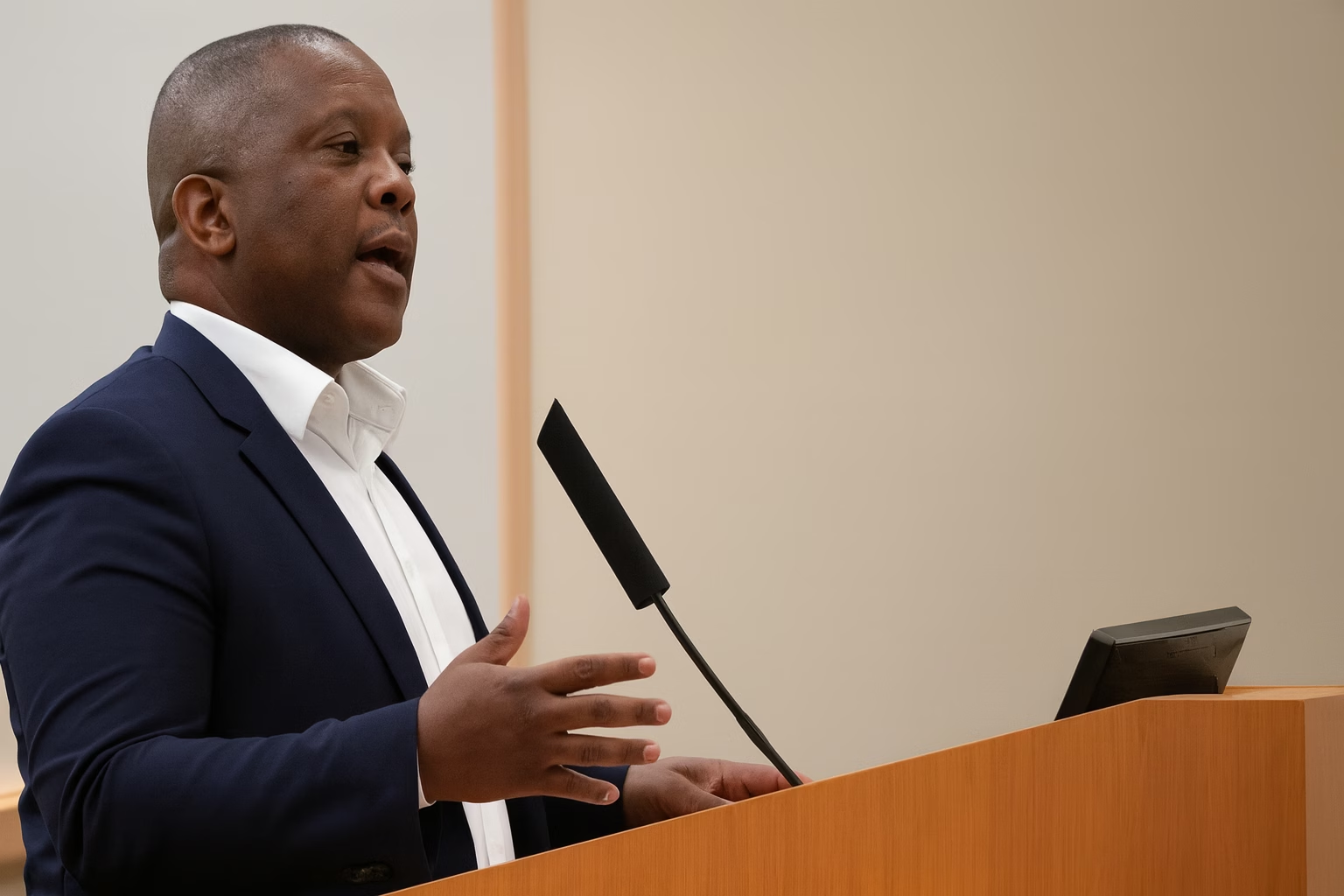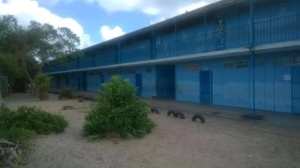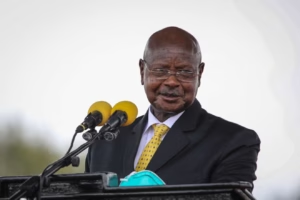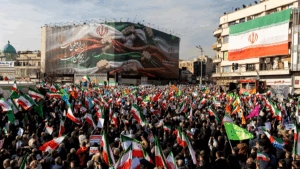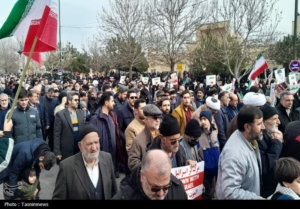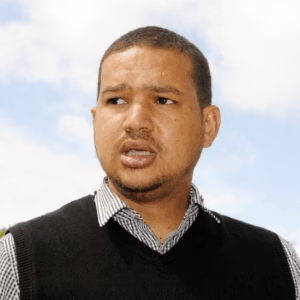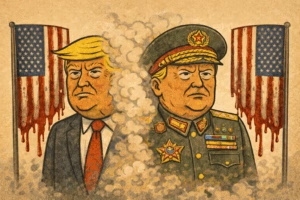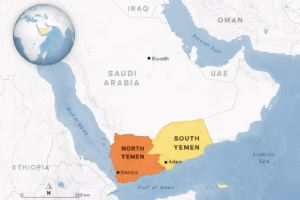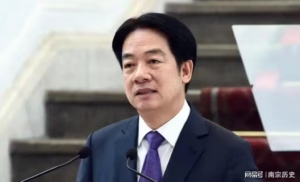Nkosinathi Biko, the son of late South African anti-apartheid leader Steve Biko, has called for Africa to free itself from Western-dominated structures and begin shaping its place as an influential power bloc. In an exclusive interview, he argued that the continent has entered a period where its political independence is becoming increasingly visible.
Calls for a Stronger African Bloc
Biko emphasised that the continent’s vast natural wealth has long stood in contrast to its limited influence in global politics.
“The continent has not been always able to organize itself and create itself as a competent power bloc,”
he said.
Despite Africa’s resources, its ability to translate those advantages into collective strength has often been undermined by dependency on external powers.
“There is a lot that remains to be done in terms of ensuring that the continent is able to punch at the weight that it is capable of,”
Biko explained, while acknowledging that progress was beginning to emerge.
“But things are moving, I guess in the right direction,”
he added.
Shifting Political Dynamics
Across parts of Africa, there have been recent challenges to Western influence. Nkosinathi Biko pointed to Niger, where French troops were forced to leave, as an example of change.
“I do think that Africa has to dislodge itself from entrapment in Western countries trappings and arrangements,”
he remarked.
The reality, he argued, is that African resources still benefit Western states to the detriment of the continent itself.
“There is no reason any longer why African resources should be benefiting Western countries such as France,”
he said, underscoring the urgency for African nations to reconsider their external ties and prioritise self-determination.
Remembering Steve Biko’s Message
Nkosinathi Biko also reflected on the enduring legacy of his father, who remains one of the most important figures in South Africa’s liberation history.
“Steve Biko helped us to reimagine ourselves as a people, founded in the principles of black consciousness,”
he said.
Steve Biko founded the Black Consciousness Movement, which challenged apartheid by promoting pride, self-reliance, and unity among black South Africans. He died at the age of 30 in 1977 from a brain injury after alleged torture while in police custody. His death became a defining moment in the struggle against apartheid.
The Question of Justice
On 12 September, South Africa’s National Prosecuting Authority reopened the inquest into Steve Biko’s death. When asked about the move, Nkosinathi Biko turned to the unresolved matters highlighted by the Truth and Reconciliation Commission.
“In 1999, the Truth Commission made a recommendation of some 300 cases that ought to have been prosecuted,”
he noted, suggesting that accountability for many apartheid-era crimes has yet to be fully addressed.
The reopening of the inquest is a reminder that, while South Africa has taken steps toward reconciliation, the pursuit of justice continues to weigh heavily on the nation’s conscience.
A Continent at a Crossroads
The broader message of Biko’s comments points to a continent in transition. Africa is beginning to challenge entrenched systems that have favoured former colonial powers for decades. Yet the task remains vast, requiring stronger cooperation among African states, a reassertion of sovereignty, and a determination to shape global affairs on its own terms.

